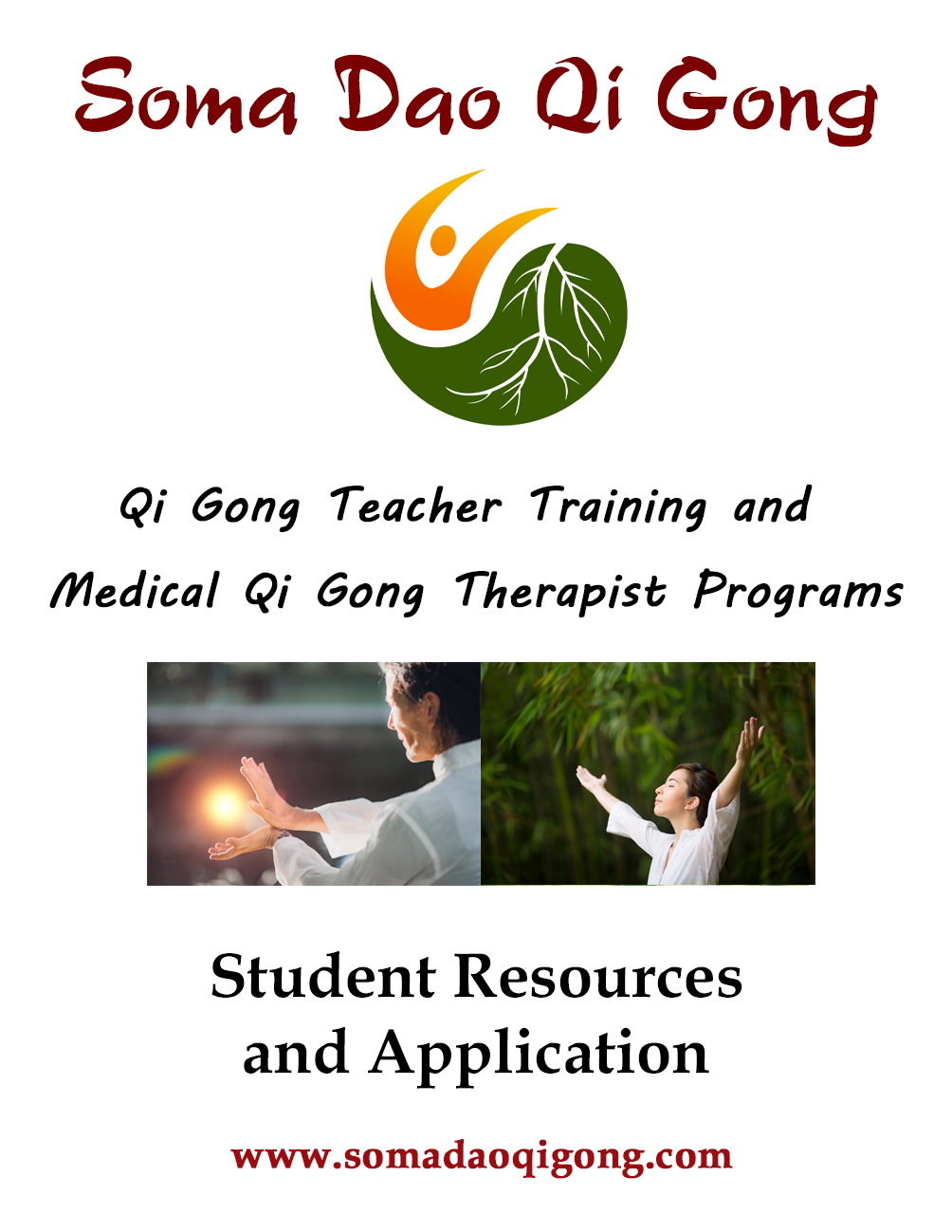Meditative Awareness Improves Focus, Memory, and Sleep
One of my hobbies is bushcraft. I grew up in nature without TV or Radio, so bushcraft was just daily life.
If you have ever spent any time hunting, tracking, stalking, setting traps, fishing, or ice fishing, you will be an initiate into the Howling and Healing Silence of Now. Unless you take music or podcasts with you while you are finding food, you know what it is like to sit and wait and listen and feel into your intuition.
These traditional ways of finding food include a necessary commitment and willingness to be naked to Life in profound stillness and silence.
There is a part of modern humans that wants to reconnect and feel completely at ease, connected, and still in nature.
Daoism comes from the cultural experience and practices of the indigenous people of Ancient Asia. It is one of the oldest ‘religions’ in the world. The experience the ancient Daoists revered and tried to embody, maintain, and teach was to move like and feel like a wild animal -or as an expression of the natural world.
It is your birthright to be in nature in complete silence.
For some, this birthright becomes a need. Many of us live in cities and cannot just walk out our back door into the mountains, so we meet our instinctual need for focused, sensitive, curious, connected, patient, committed, silent present awareness through meditative practices.
There is evidence that silence is necessary for the health of your brain. My favourite example is four hours of silence can measurably help your Hippocampus regenerate. If I ever need a brain reboot, I commit to a long hike and a few hours of meditation, Qi Gong, and leaning up against a tree while being blown away by the beauty of nature.
One theory for why so many people have insomnia these days is because the brain, specifically the Hippocampus is starved for conscious silence. A recent paper1https://www.ncbi.nlm.nih.gov/pmc/articles/PMC4407465/ showed that meditation improves sleep quality and cognition, especially in the elderly.
Qi Gong and other meditative practices can help you sleep in other ways as well. Deep breathing, stretching and/or activating your muscles for more than 20 minutes can regulate your stress hormones, help you enter a Parasympathetic state, regulate brainwave activity, and release endorphins that can help you, not only fall asleep easier but to sleep deeper and longer as well.
Your Hippocamapass regulates memory formation, physical learning, and is the root of your mental resources in every moment of your life. One of the many reasons that lifelong meditators have an excellent memory and mental agility throughout the last years of their life. <?>
Recent clinical evidence shows that meditative periods of stillness and silence can influence mental adaptability and memory 2https://pubmed.ncbi.nlm.nih.gov/29370149/
As a wild animal, are you willing to hunt a long life?
It takes sitting still – like you are just smelling for whatever is on the wind, feeling everything, connected to everything.

Other Articles in the Series
Qi Gong Relieves Chronic Pain
Qi Gong Improves and Accelerates Tissue Repair
Qi Gong Improves Posture and Coordination
Meditative Awareness Improves Focus, Memory, and Sleep
Qi Gong Balances Stress Hormones and Reduces Inflammation
Qi Gong Improves Your Metabolism and Mood
Qi Gong Inspires a Creative Mindset
Qi Gong Guides the Release Traumatic Memories
Qi Gong Increases Longevity and Overall Quality of Life
Qi Gong Improves Fertility

I am interested in learning more about becoming a Qi Gong Teacher and/or a Medical Qi Gong Therapist and would like to receive your MONTHLY newsletter.
YES! Send me a copy of the Student Resource Guide
(We respect your privacy)